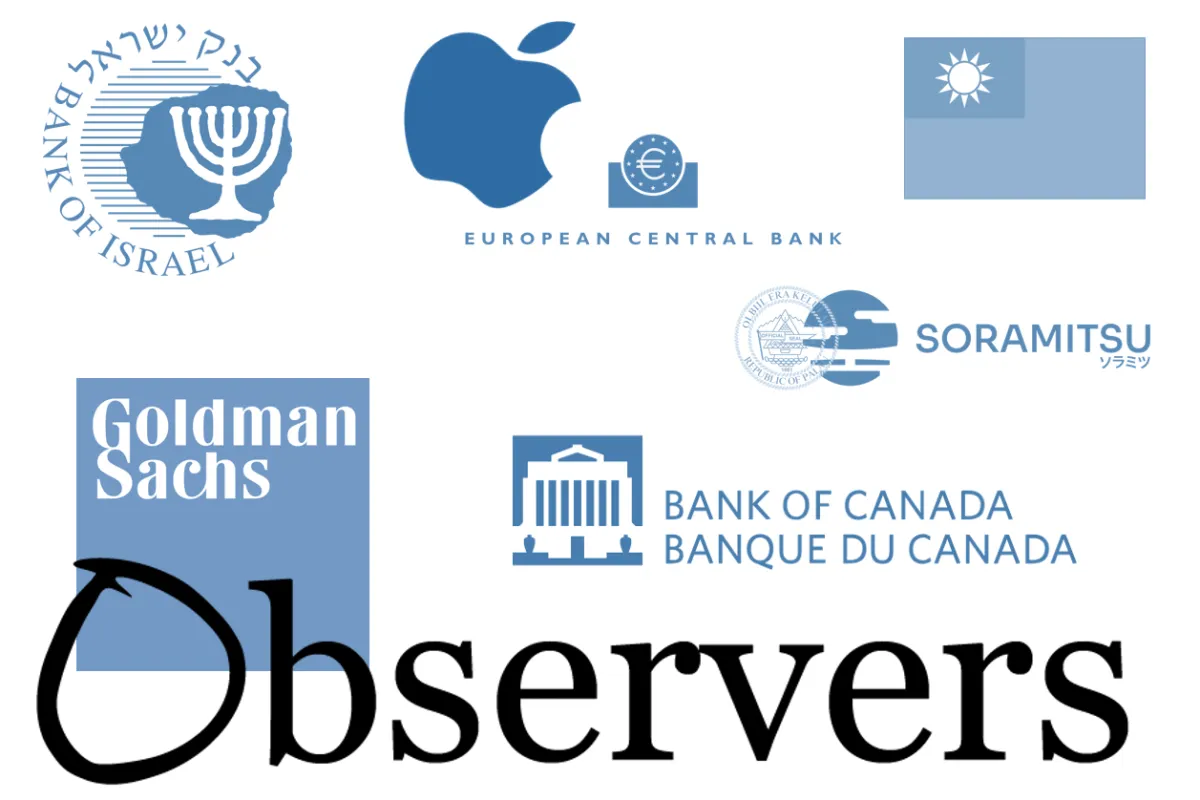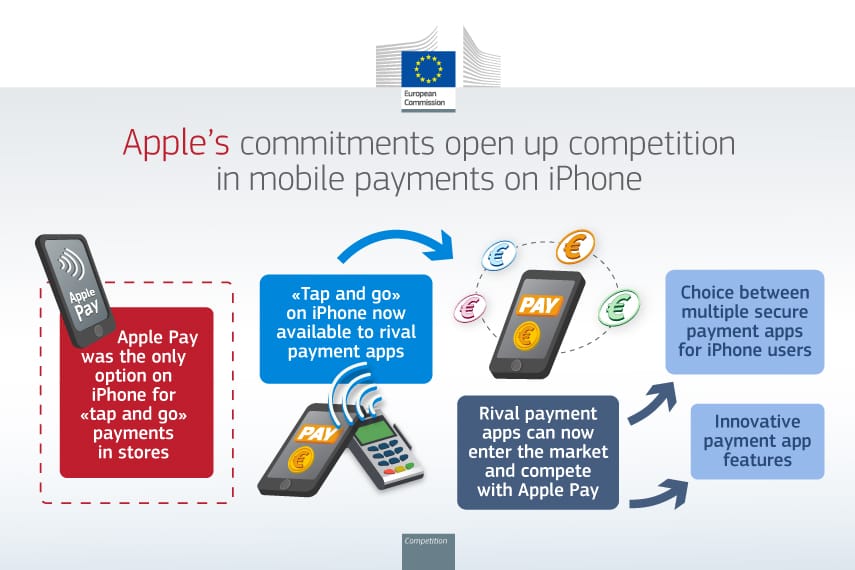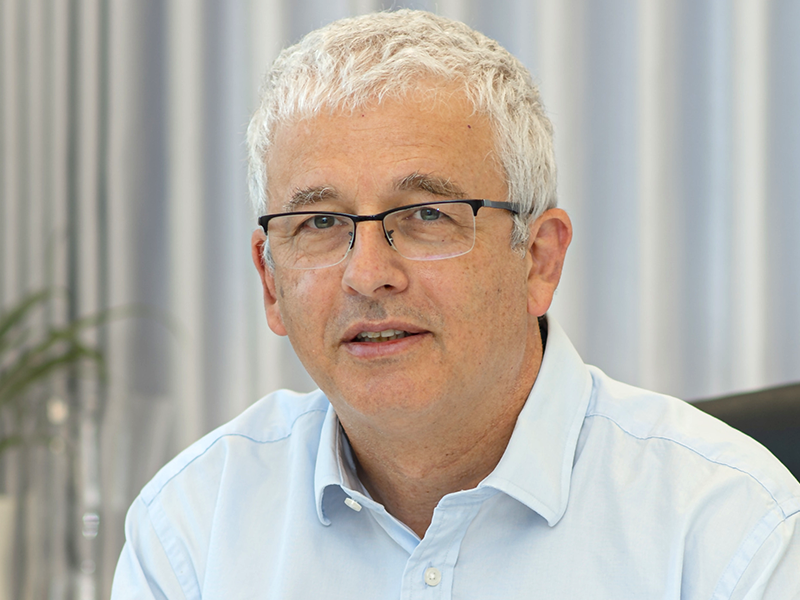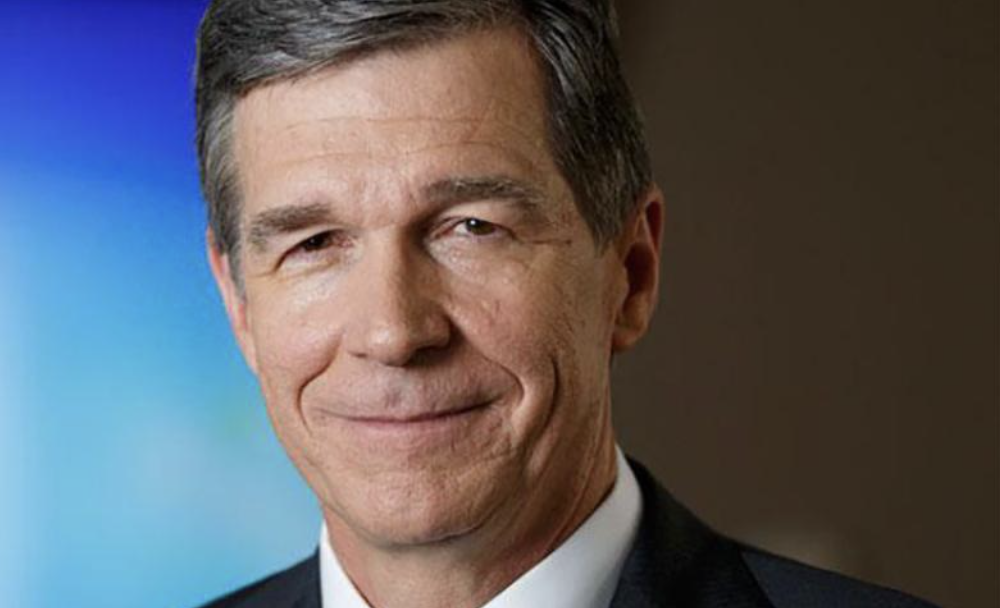Banking CBDC Roundup, Observers, CBDC, Apple, Israel, Taiwan, Goldman Sachs, Soramitsu, Palau, BUIDL
Banking and CBDC Weekend Roundup 13/07/2024
"Even if CBDC is not used, we still need it for interlinking", conclude Canadian researchers. Meanwhile, the digital euro overcomes a key technical hurdle, as Israel and Taiwan say they won't launch CBDC until someone else does first.




